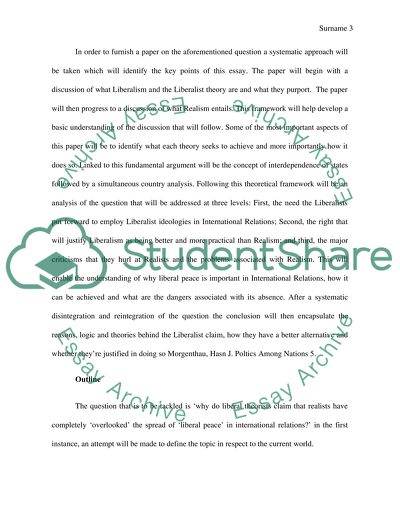Cite this document
(“International Relations: Realism and Liberalism Essay”, n.d.)
Retrieved from https://studentshare.org/history/1395461-international-relations-realism-and-liberalism
Retrieved from https://studentshare.org/history/1395461-international-relations-realism-and-liberalism
(International Relations: Realism and Liberalism Essay)
https://studentshare.org/history/1395461-international-relations-realism-and-liberalism.
https://studentshare.org/history/1395461-international-relations-realism-and-liberalism.
“International Relations: Realism and Liberalism Essay”, n.d. https://studentshare.org/history/1395461-international-relations-realism-and-liberalism.


